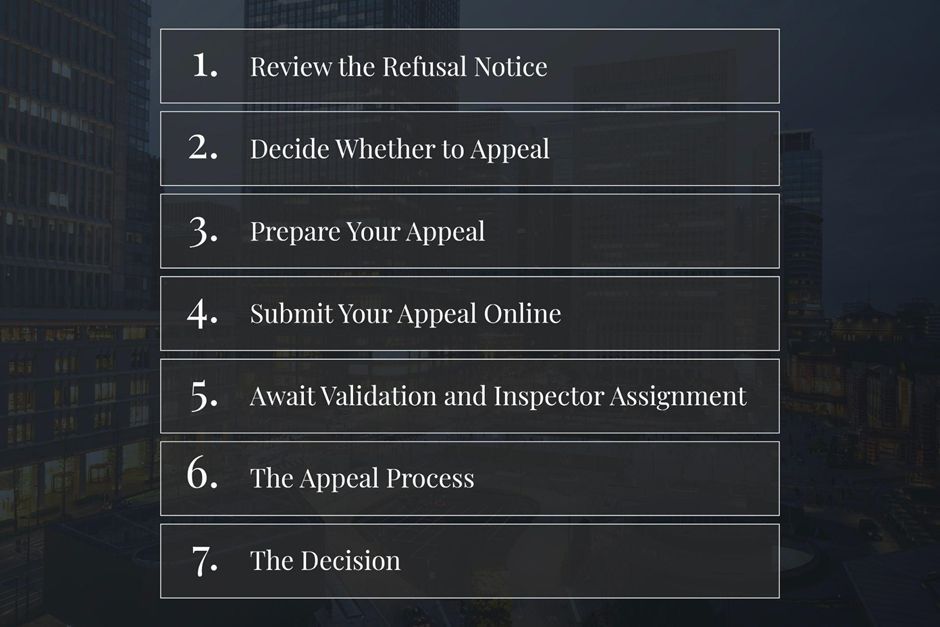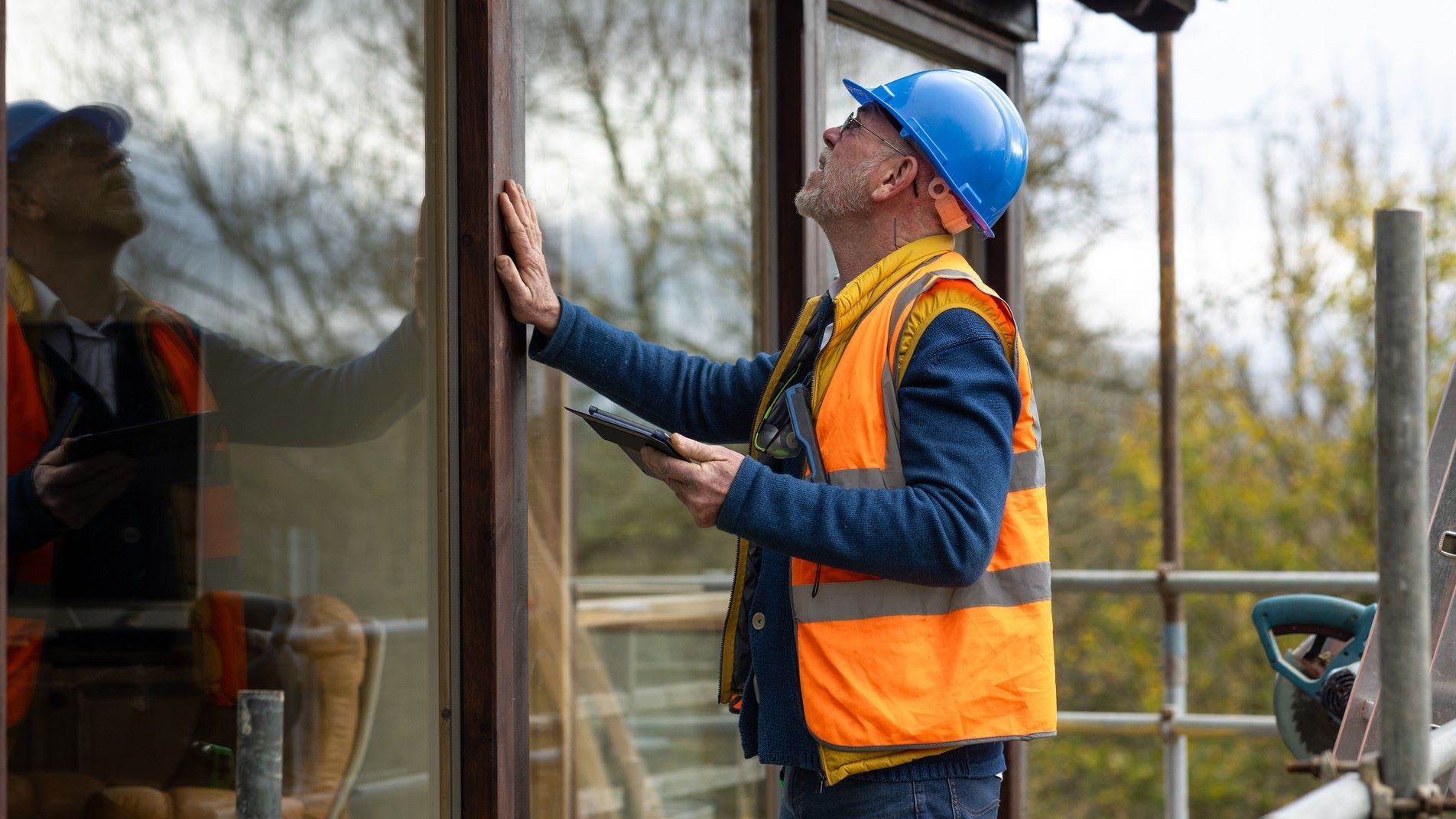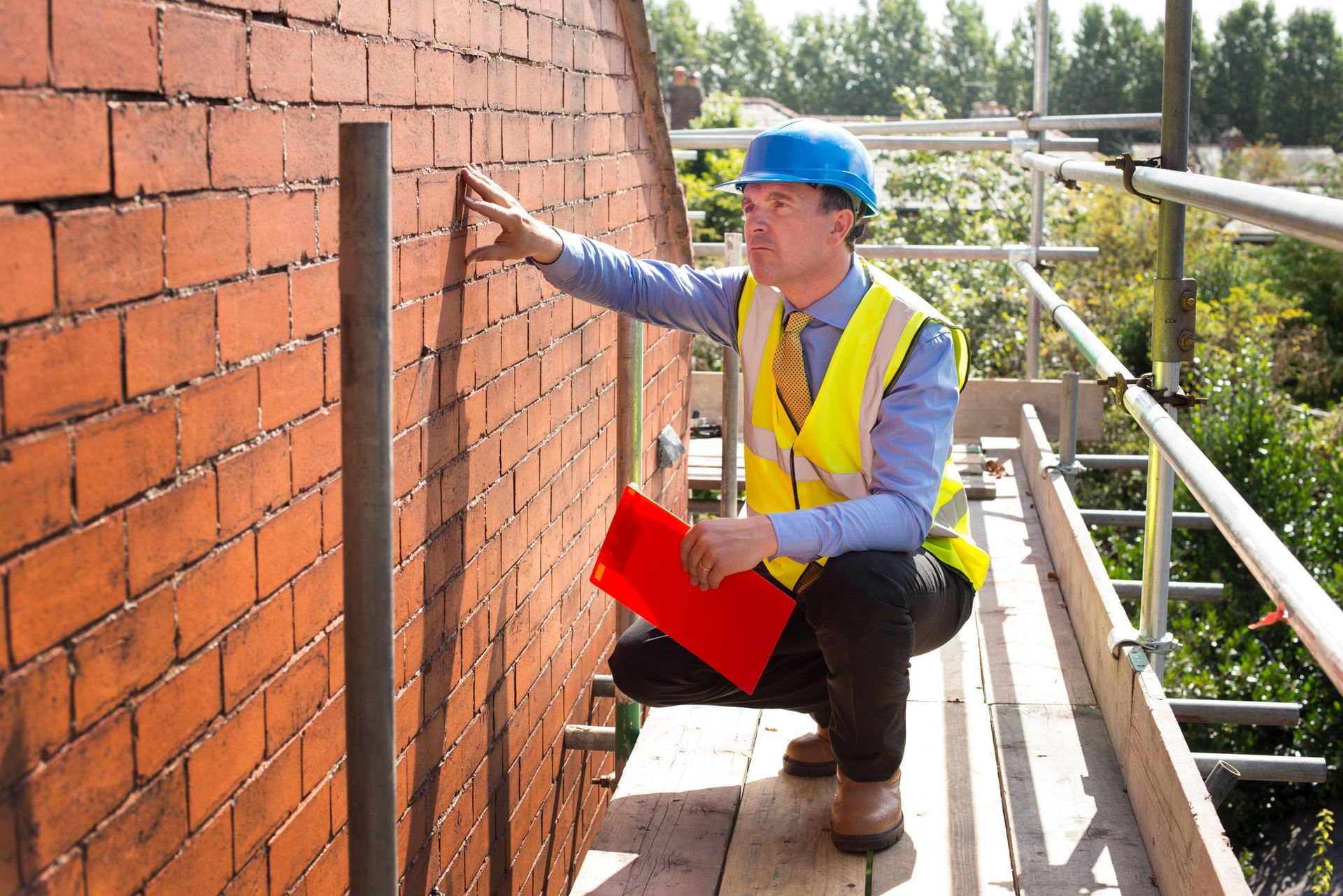How Do I Submit a Planning Appeal?
Securing planning permission is a vital step for many property owners and developers. Whether you’re extending a home, building a new property, or making alterations to land, approval from your local planning authority (LPA) is usually required. But what happens when your application is refused, or conditions are imposed that you believe are unreasonable?
This is where the planning permission appeal process comes in. Knowing how to navigate it can make the difference between a failed project and a successful outcome. In this article, we’ll provide clear planning permission guidance, and property advice, covering what planning permission appeal is, why you might submit one, and how to approach the process with confidence, often with the support of chartered surveyors or other property professionals.
What Is a Planning Permission Appeal?
A planning permission appeal is a formal request to have a decision made by your local planning authority reviewed by the Planning Inspectorate (in England and Wales). If your application for planning consent is refused, or approved with conditions you find unacceptable, you may appeal the decision and have it reconsidered by an independent inspector.
Key points to consider:
● An appeal is not a new application - it’s a review of the decision already made.
● The planning inspectorate examines the original application, supporting documents, and refusal reasons.
● The process can take several months and requires careful preparation.
Why Might Someone Submit a Planning Permission Appeal?
There are several scenarios where an appeal becomes a logical step. Common reasons can include:
● Refusal of planning permission - if your application has been turned down entirely.
● Unreasonable planning conditions - Sometimes permission is granted but with restrictions (e.g., materials used, operating hours, or landscaping requirements) that feel excessive or impractical.
● Non-determination - If the planning authority takes longer than the statutory period (usually 8 weeks for minor applications, 13 weeks for major ones) and fails to make a decision, you can appeal.
● Partial approval - When only part of your proposal is granted permission and you wish to challenge the decision on the rest.
For many property owners, appealing is about fairness, ensuring that planning decisions are consistent, transparent, and aligned with local and national policies.
Who Can Submit an Appeal?
Typically, the person who made the application (the applicant) has the right to appeal. In some circumstances, an appointed agent, such as an architect, planning consultant, or chartered surveyor, can act on your behalf.
This is where planning permission advice from experienced professionals becomes invaluable. Chartered surveyors and planning consultants can assess whether an appeal is worth pursuing and prepare strong supporting arguments.
Things to Consider Before Appealing
Before diving straight into the appeals process, you should weigh up these important considerations:
Deadlines
You usually have 6 months from the date of the decision notice to appeal (for householder applications, it’s 12 weeks). Missing this deadline means losing your right to appeal.
Costs
Whilst there is no fee to submit an appeal, there may be some expenses for professional advice, surveys, drawings, or legal representation.
Timescales
Appeals can take several months (sometimes longer than a year) to conclude.
Likelihood of Success
Not all appeals are successful. Reviewing the planning officers report and refusal reasons is crucial before proceeding.
Alternative Options
In some cases, revising your application and resubmitting might be quicker and more cost-effective than appealing.
How to Submit a Planning Permission Appeal
Here’s a step-by-step breakdown of the appeals process:
1. Review the Refusal Notice
● Carefully read the decision letter from your local planning authority.
● Identify the reasons for refusal or the specific conditions imposed.
● Seek planning permission advice from a chartered surveyor or planning consultant to assess your chances.
2. Decide Whether to Appeal
● Ask yourself: Are the grounds strong enough to justify an appeal?
● Consider whether amending your proposal might address the council’s concerns without needing an appeal.
3. Prepare Your Appeal
● Appeals are made to the Planning Inspectorate (for England and Wales) or the relevant body in Scotland and Northern Ireland.
● The appeal must include:
○ The original application documents
○ The decision notice
○ Grounds of appeal (your reasons for challenging the decision)
○ Any supporting reports, drawings, or evidence
4. Submit Your Appeal Online
● Appeals can usually be submitted through the Planning Inspectorate’s website.
● Ensure everything is submitted within the deadline (12 weeks for householders, 6 months for most other applications).
5. Await Validation and Inspector Assignment
● The Planning Inspectorate will check the documents.
● An inspector is assigned to review the case.
6. The Appeal Process
There are three main methods of appeal:
● Written representations – The simplest and most common method. Both sides submit written arguments.
● Hearing – A structured discussion led by the inspector, often lasting a day.
● Public inquiry – The most formal method, similar to a court hearing, used for complex or controversial cases.
7. The Decision
● The inspector will issue a decision in writing, usually within weeks or months depending on the appeal type.
● They can:
○ Dismiss the appeal (upholding the refusal)
○ Allow the appeal (overturning the refusal)
○ Modify or remove conditions

Common Mistakes to Avoid
When appealing a planning decision, many applicants stumble on errors that could have been avoided with a little more preparation. One of the most frequent issues is missing the submission deadline, which is strictly enforced and leaves no opportunity for late appeals. Others fail to directly address the refusal reasons set out by the local planning authority, instead presenting arguments that do not engage with the real issues at hand.
Submitting inadequate or irrelevant evidence is another common pitfall, as inspectors base their decisions on the strength and relevance of supporting documentation. Applicants sometimes also overlook local planning policies, which play a central role in how appeals are assessed.
Finally, many people attempt to handle the process alone when in fact professional property advice could provide crucial guidance and significantly improve their chances of success.
The Role of Chartered Surveyors in Appeals
Chartered surveyors often play a pivotal role in strengthening a planning permission appeal. Their expertise allows them to carefully review the refusal reasons and provide clear, evidence-based analysis of whether the local planning authority’s decision was justified.
They are well-equipped to prepare detailed planning statements and technical reports, ensuring that every aspect of the appeal is supported by robust documentation. In more formal cases, such as hearings or inquiries, chartered surveyors can also represent applicants and advocate on their behalf.
Beyond this, they offer tailored planning permission guidance, helping applicants understand their options and navigate what can be a complex and time-consuming process. By working with experienced professionals, particularly on high-value developments or contentious applications, applicants greatly increase their chances of achieving a positive outcome.
Moving Forward with Confidence
Appealing a planning decision can feel daunting, but it provides an important safeguard in the planning system. Whether your application has been refused or granted with conditions that don’t work for you, the appeals process ensures fairness and accountability.
The most important things to remember are: act quickly to meet deadlines, provide solid evidence, and seek expert support where possible. With the right planning permission guidance, including input from chartered surveyors, you can make informed choices and give your project the strongest possible foundation.











